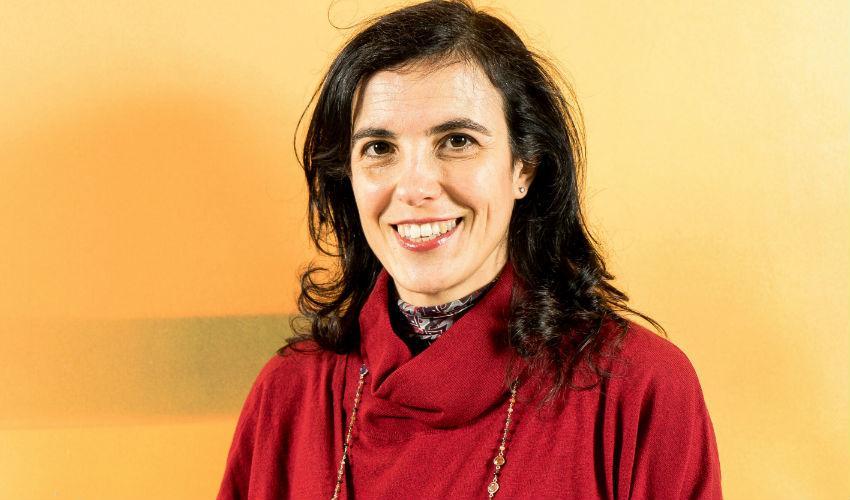
La Ferrara's Project Against Infibulation Financed by USAID
THE AMERICAN DEVELOPMENT AGENCY GRANTED FUNDING TO A SIMPLE, LOW COST IDEA TO REDUCE THE RATES OF FEMALE GENITAL MUTILATION IN AFRICAA promising idea convinced USAID, the American government development agency, to finance research on a simple, low cost approach designed by Bocconi Laboratory for Effective Anti-poverty Policies (LEAP) to reduce the rate of female genital cutting in Africa. The project, Testing an Information and Coordination Tool to Reduce Female Genital Cutting, has been granted $200,000.
“We think that the persistence of female genital cutting practices,” says Eliana La Ferrara, Fondazione Invernizzi Professor of Development Economics, LEAP Scientific Director and principal investigator of the project, “can be partly due to the so-called pluralistic ignorance: people stick to harmful social norms because they think that everyone else supports them.”
As a side-project of a collaboration with Save the Children in Somalia and thanks to funds granted by the Italian Ministry of Education, University and Research (MIUR), Professor La Ferrara and her colleagues organized public meetings to discuss the most devastating form of genital mutilation: infibulation or pharaonic circumcision, as it is called in North-Eastern Africa.
At the start of the meeting, participants were asked to guess how many people would be pro-infibulation and how many against it. Then they were asked to cast a secret ballot, declaring themselves pro or against the practice. In half of the cases, randomly chosen, the results of the ballot were made public at the end of the meeting. “As the share of people against infibulation,” Prof. La Ferrara says, “was usually larger than predicted, we expected to provide a positive shock to the majority of participants. At the same time, we had a control group, including the participants with no knowledge of the result of the ballot”.
Data collected approximately 14 months after the meetings confirm a medium-term effect in reducing mutilation rates and in changing attitudes about the practice. The USAID grant will fund a long-term follow up in order to check whether the effects persist and to evaluate the project scalability in other parts of Africa.
The scholars involved in the project along with Prof. La Ferrara are Selim Gulesci (Trinity College Dublin and LEAP), David Smerdon (University of Queensland), and Munshi Sulaiman (BRAC).
by Fabio Todesco
